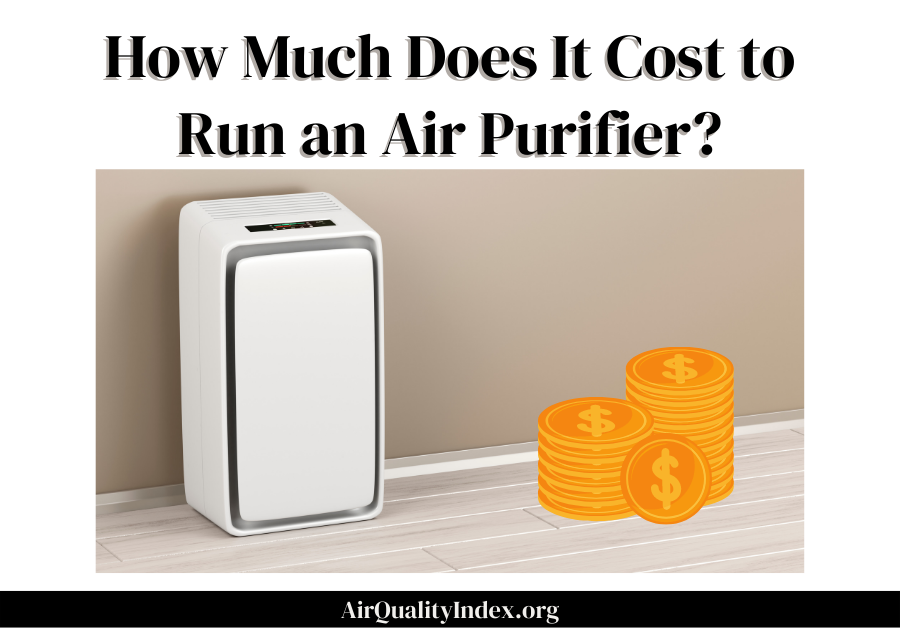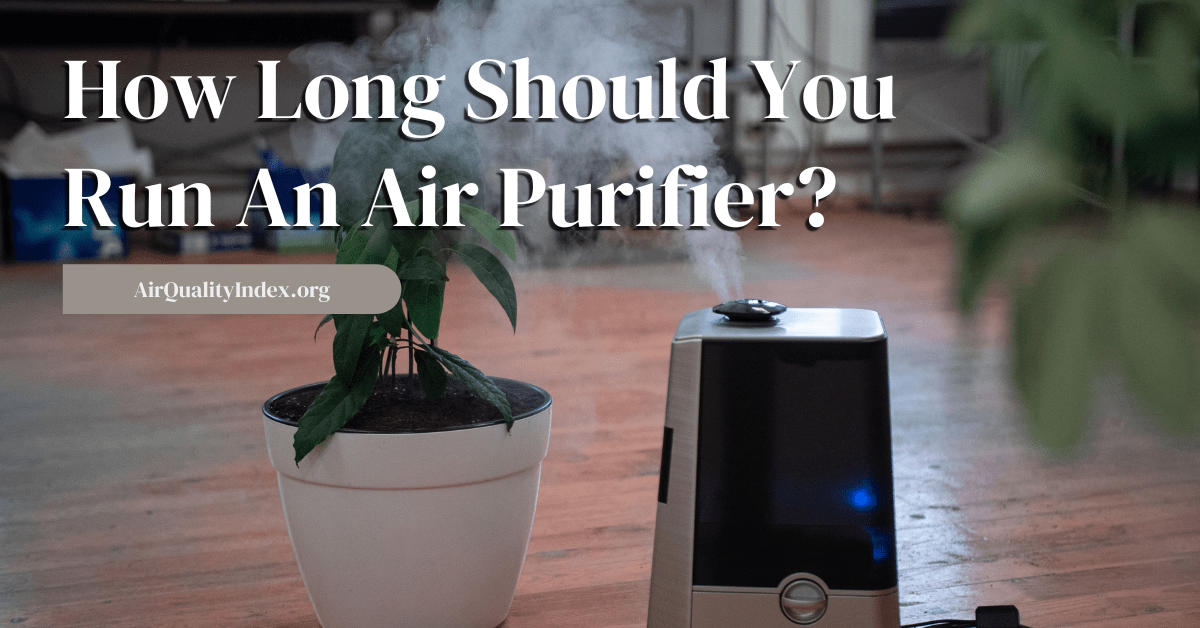Micro-organisms like mold, which are small fungus, can cause serious health problems for you and your family. Mold is what gives blue cheese its “blue” color, but when it invades your house, it’s neither tasty nor pleasant. Allergy and asthma patients, as well as those who aren’t allergic to mold, are searching for a solution to their mold problems more than ever before. When it comes down to it, can air purifiers help with mold? is a common question.
Mold spores can reproduce and spread throughout your home if they aren’t removed from the air by an air purifier. When it comes to controlling the spread of mold particles in the air, air purifiers are a fantastic option.
Mold: What Is It and Why Is It a Concern?
Finding and eliminating mold from the home can be a real headache for the average person. You can get this annoying fungus family on just about any surface in your house. If you don’t get rid of it fast, it can cause major issues.
Finding a lot of mold in the house might be an indication of more serious issues in the house, such as leaky pipes, insufficient ventilation in the kitchen and bathroom, and an overall high level of humidity. Adding to the difficulty, mold can decompose organic materials for food, causing degradation in wood and fabric items in these locations.
This can be dangerous to human health when inhaled, as mold spores are released into the air by mold to reproduce. Mold spores can cause a variety of health issues, including allergic reactions and asthma attacks, if they are inhaled for a long period of time. In order to protect your family’s health and prevent the need for a professional mold removal and cleanup service, it is vital that you address any mold growth in your house as soon as possible.
How Does Mold Grow?
It is possible for mold to develop on a variety of surfaces, from paper and wood to cloth, plastic, and glass. In fact, mold thrives on a variety of surfaces. Cladosporium, for example, is frequently found on carpets, while alternaria is more generally seen in bathrooms.
Can Air Purifiers Help With Mold?
Even if an air purifier can’t get rid of mold already growing on a surface, using one with a real HEPA filter is critical for reducing the airborne spread of mold spores.
If you don’t currently have a mold problem but are afraid that you could in the future, an air purifier can help capture mold spores as they enter your home, preventing them from landing on surfaces on which they can grow and create problems. Using an air purifier in combination with conventional surface treatments is the best way to keep mold spores from spreading throughout your home.
Keep your home mold-free by monitoring and controlling humidity levels with hygrometers and humidity gauges. Mold is attracted to high levels of humidity and grows in low lit, damp environments. You can use a dehumidifier to reduce the humidity level and keep the humidity in an inhospitable range for the mold, 40 to 50 percent, after you have tested your home’s humidity. Remove airborne particles with HEPA air purifiers installed in problem locations, and remove any mold that may be found.
Conclusion
To summarize, and to return to our original topic, can air purifiers remove mold? Yes, mold spores. Active mold growth, no.
As a last note, mold need a cellulose substrate to thrive. When humidity levels are high enough for active development, lower quality air purifiers may actually become breeding grounds for mold. Why? Because paper—cellulose—is commonly used in the manufacture of low-cost air purifier filters. Make sure you don’t cut corners on the quality of your home’s air purifier while making your purchase. A certified HEPA filter consisting of warm rolled glass fibers (fiberglass) or a synthetic material should be used in an air purifier with a sealed system.




